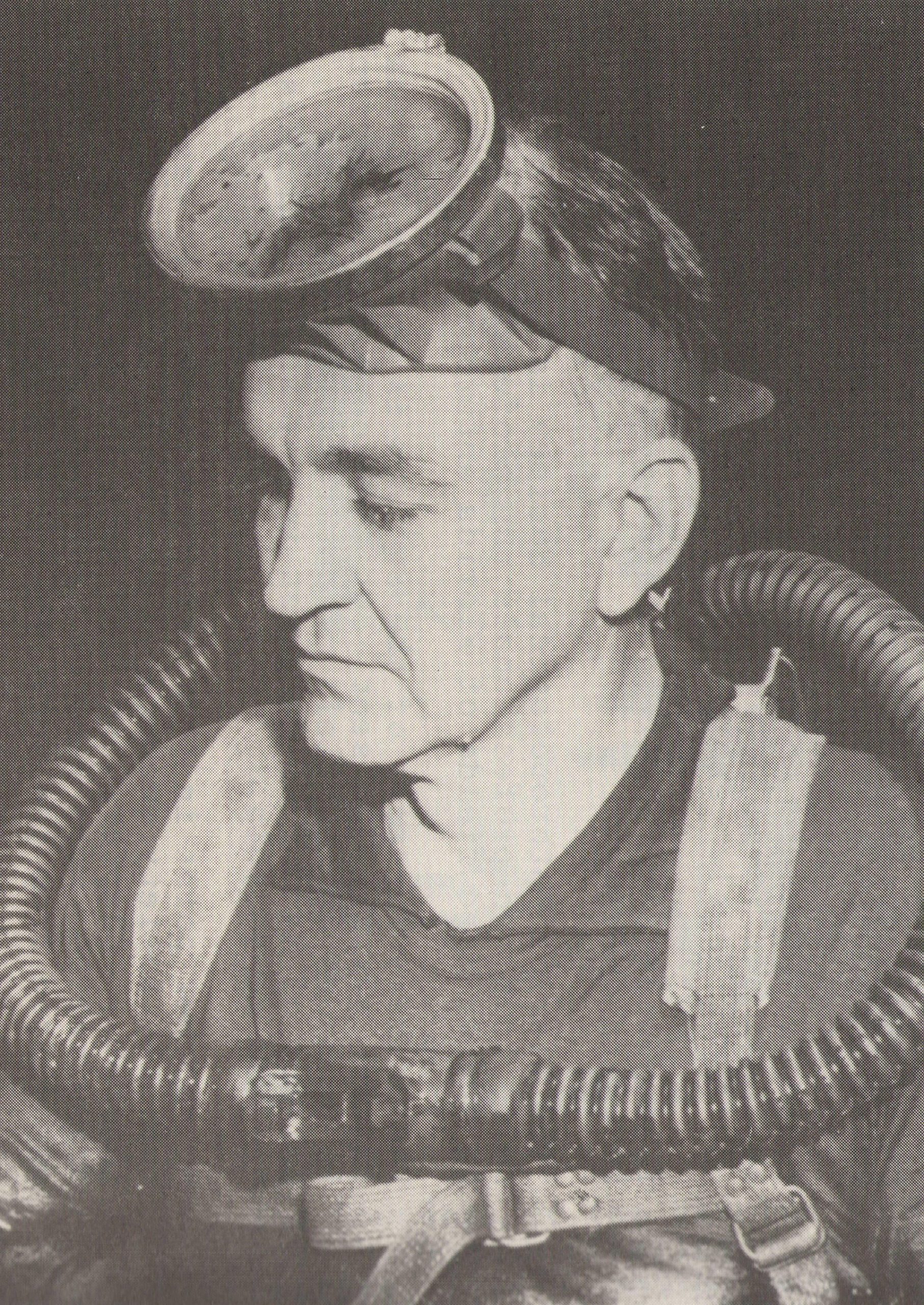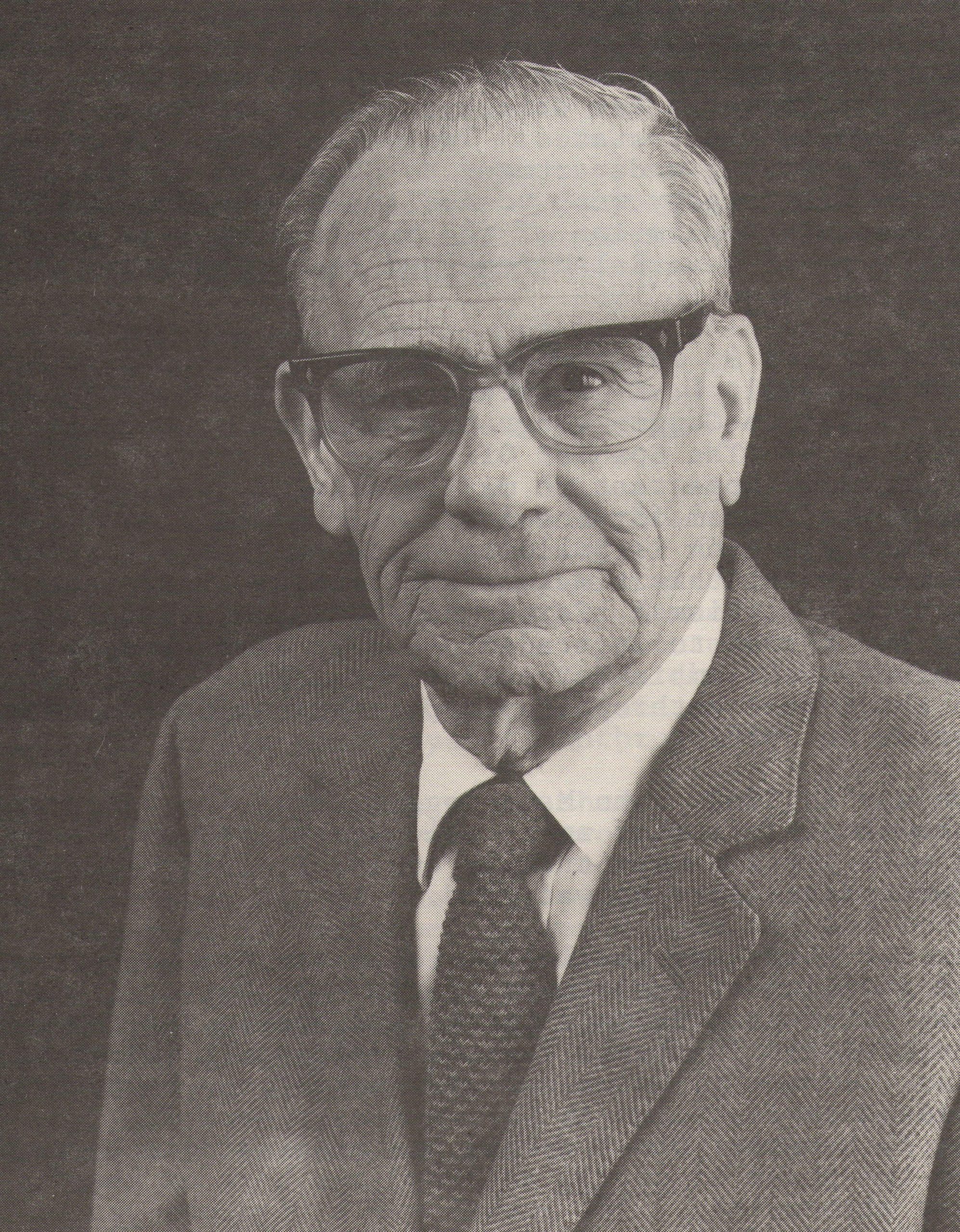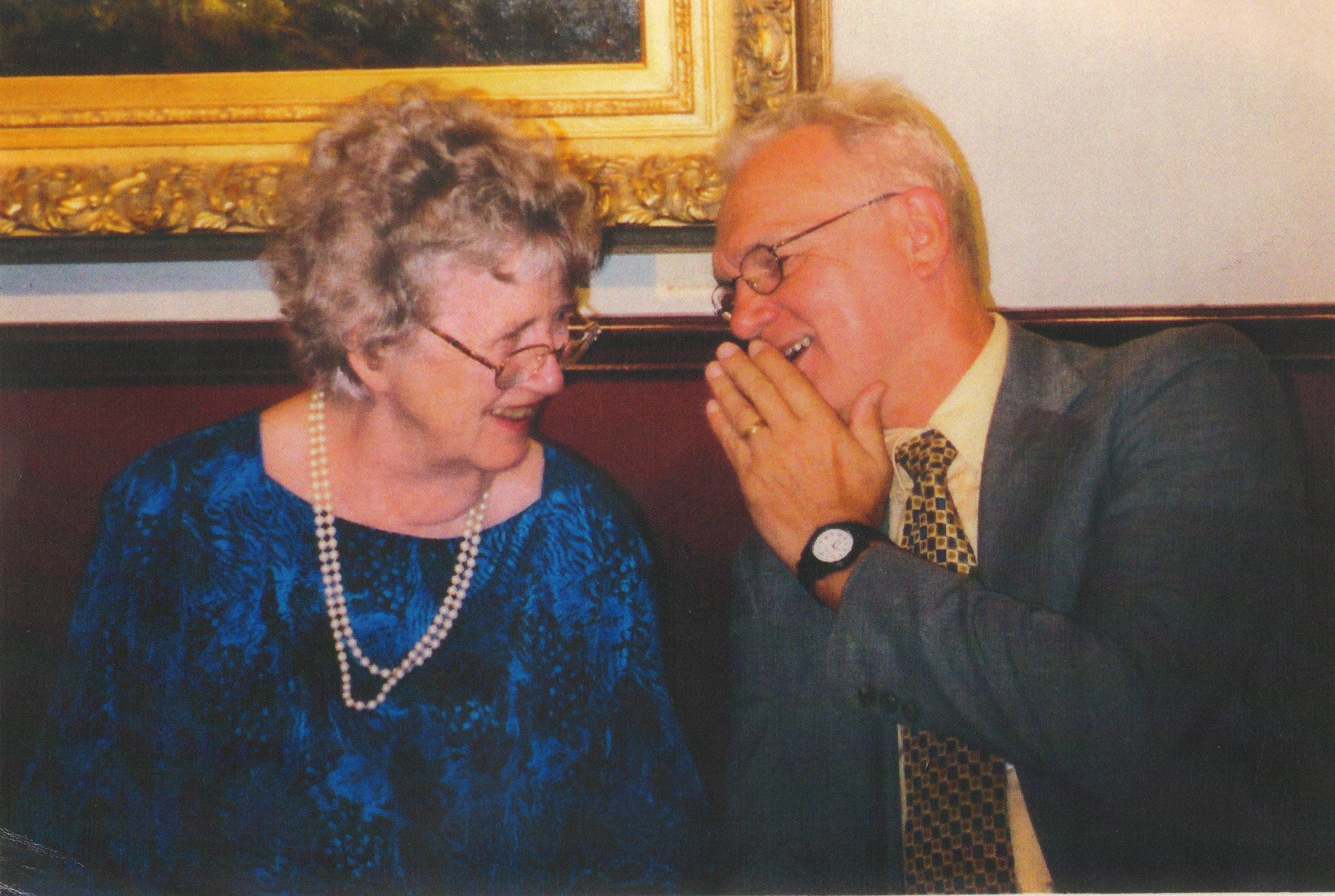
UF Anthropologists began offering courses as part of the Department of Sociology in 1936. But it was not until 1949 that the Department became a separate program when Professor John Goggin, who began his undergraduate career at UF but finished at the University of New Mexico, returned to UF as a professor. Goggin was a pioneer in Florida archaeology, especially underwater and wetlands archaeology.
The first courses taught that year in the department were Cultural Anthropology, American Indian Cultures, and Field Sessions in Archaeology. In 1959-1960 the first biological anthropology courses were added to the curriculum.

Shortly before he died, Goggins recruited Charles Fairbanks, another archaeologist,to Florida in 1963. Fairbanks quickly moved to bring social anthropology to UF, and recruited William Carter, who later became the director of Latin American Studies; Solon Kimball, an educational anthropologist; and James Gavin, a primatologist. Graduate School Dean L. E. Grinter made the first proposal for a doctoral program in anthropology in 1961, but it was not until 1971 that the first Ph.D.s were awarded to Barbara Purdy and Jerald Milanich.
Since the 1970s, UF Anthropology has grown in size and reputation under the leadership of Chairs Paul Doughty (1971-1977; 1992-1993), Elizabeth Eddy (1977-1979), H. Russell Bernard (1979-1989), George Armelagos (1989-1992), John Moore (1993-1998), and Allan Burns (1998-2005; 2009-2010). Twenty-first century Chairs Ken Sassaman (2005-2009), Susan DeFrance (2010-2016), Chris McCarty (2016-2018), and Peter Collings (2018-present) have carried the tradition forward with innovation and resilience.
